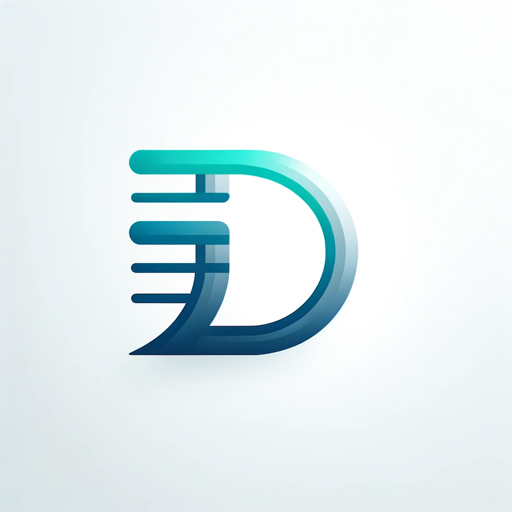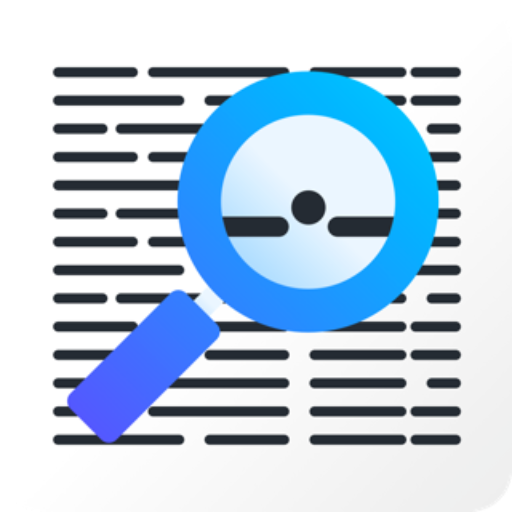Securia-security audit for developers.
AI-powered code audits for secure software.
Make security audit on this smart contract code: contract DepositFunds { mapping(address => uint) public balances; function deposit() public payable { balances[msg.sender] += msg.value; } function withdraw() public { uint bal = balances[msg.sender]; require(bal > 0); (bool sent, ) = msg.sender.call{value: bal}(""); require(sent, "Failed to send Ether"); balances[msg.sender] = 0; } }
What common vulnerabilities are present in the following code:
Audit smart contract
Tell me if my code is secure
Related Tools
Load More20.0 / 5 (200 votes)
Introduction to Securia
Securia is a specialized AI assistant designed for performing security audits, with a focus on software development. It is built to analyze code, detect vulnerabilities, and suggest improvements to ensure that the software being audited is resilient against potential security threats. The purpose of Securia is to guide developers through a comprehensive security audit process by analyzing their code for common vulnerabilities, identifying weak areas, and providing recommendations based on best practices. For instance, if a developer submits a web application built with a framework like Django, Securia would check for issues like SQL injection, cross-site scripting (XSS), or insecure authentication mechanisms, offering detailed remediation steps to secure the application.

Key Functions of Securia
Code Review for Vulnerabilities
Example
A developer submits JavaScript code, and Securia identifies several points where cross-site scripting (XSS) vulnerabilities exist. It explains why these points are dangerous and how to sanitize inputs using secure libraries.
Scenario
In web applications, user inputs are often embedded in pages without proper sanitization. Securia detects unsanitized user input in the code and suggests using libraries like DOMPurify to mitigate XSS risks.
Security Policy Guidance
Example
An organization consults Securia to evaluate their password storage strategy. Securia advises switching from MD5 hashing to bcrypt for secure password hashing.
Scenario
An e-commerce platform stores user passwords in an outdated and insecure manner using MD5 hashing. Securia explains the risks of MD5 (susceptibility to collisions) and recommends bcrypt with an appropriate salt length to improve security.
Review of Dependency and Framework Security
Example
A developer building a React app uses a third-party library. Securia identifies a known vulnerability in the library version and suggests upgrading to a patched version.
Scenario
Many modern web applications rely on open-source libraries that may have security flaws. Securia scans the package versions, flags outdated dependencies, and recommends updates to avoid attacks like remote code execution.
Target Users of Securia
Software Developers and Engineers
These users benefit from Securia's ability to catch potential vulnerabilities in their code before deployment. For example, web developers working on applications that handle sensitive user data (e.g., banking apps) can use Securia to perform security checks, ensuring secure input handling and storage.
Security Auditors and Ethical Hackers
Securia provides valuable assistance to professionals focused on auditing applications for security risks. These users may use Securia to conduct preliminary scans of code for issues like buffer overflows, insecure APIs, or weak encryption practices, helping them target their manual efforts more effectively.

How to Use Securia
Step 1
Visit aichatonline.org for a free trial without login. No need for ChatGPT Plus to get started.
Step 2
Prepare your project details, such as programming language, framework, and the nature of the application (e.g., web, mobile). Securia will tailor its security audit based on this context.
Step 3
Upload your codebase or provide relevant code segments. Securia can analyze specific portions or the entire code to detect vulnerabilities.
Step 4
Receive real-time feedback on security risks. Securia will highlight exact lines of code that pose risks, explain the issues, and suggest detailed fixes.
Step 5
Iterate on improvements based on Securia's suggestions. You can run multiple checks after changes, ensuring your code meets high-security standards.
Try other advanced and practical GPTs
Pessimism
AI-powered pessimism with dark humor

StoryBoard
AI-powered storyboard visualization tool

Meme Artist
AI-powered memes, tailored for you.

(evr)ai Nurse Care Planner
AI-powered care planning for nurses.

(evr.ai) Cannabot
AI-powered cannabis cultivation assistance.

Web Crafter
AI-powered tool for simple web apps

Ubbe
AI-Powered Assistant for All Your Needs

CityExplore
Explore cities with AI-powered insights.

DocDash
AI-Powered Document Assistant

Jesus
AI-powered wisdom for ethical living

JobSeekerGPT
AI-Powered Job Application Assistant

DomainsGPT
AI-powered Branding and Domain Solutions

- Threat Detection
- Security Review
- Vulnerability Scan
- Code Audit
- Secure Practices
Securia: Common Questions & Detailed Answers
What types of vulnerabilities can Securia detect?
Securia is designed to identify common security vulnerabilities like SQL injection, XSS, CSRF, insecure deserialization, and buffer overflows. It provides detailed explanations and suggestions for resolving each issue.
How does Securia integrate into my workflow?
Securia fits into various development environments, supporting code in multiple languages. It works with CI/CD pipelines, version control systems like Git, and can be used during code review or pre-deployment audits.
Does Securia support specific frameworks or libraries?
Yes, Securia supports major frameworks like Django, React, and Spring, as well as languages such as Python, JavaScript, and Solidity. It can also audit third-party libraries used in your project to ensure no vulnerabilities are introduced.
Can Securia help improve secure coding practices?
Beyond detecting issues, Securia provides guidance on secure coding best practices. It educates developers on how to avoid common pitfalls and adopt security measures that are aligned with industry standards like OWASP.
Is there a limit to the code size or number of audits?
There are no strict limitations on the size of the codebase Securia can handle, but for larger projects, it may take additional time to provide feedback. You can also run multiple audits without any cap on the number of scans.